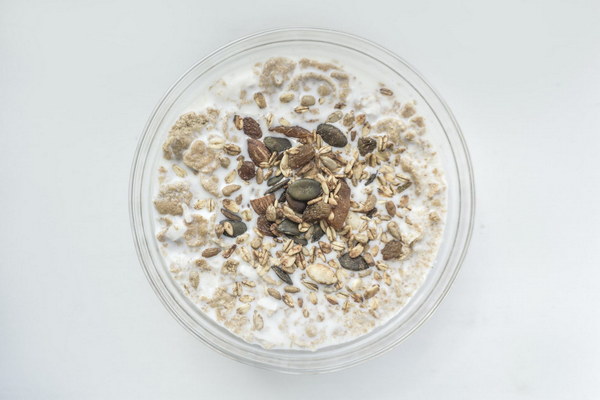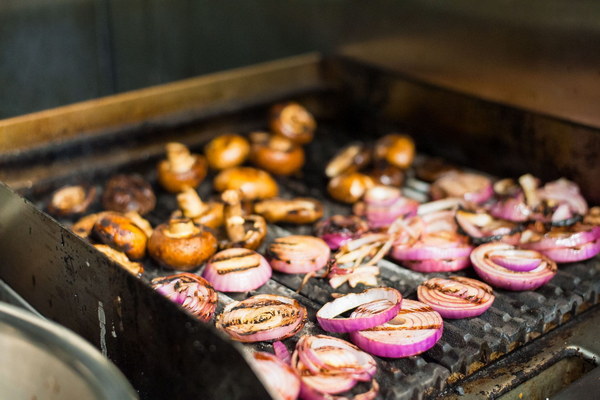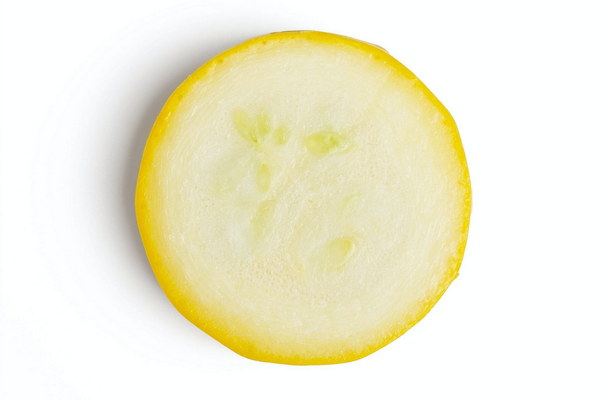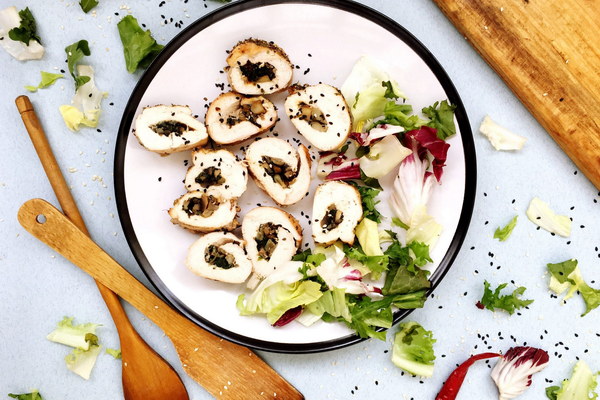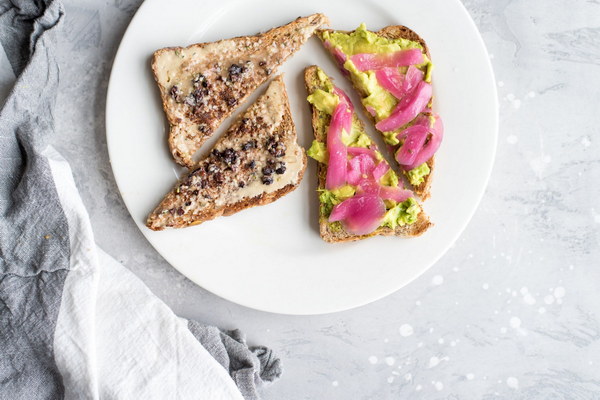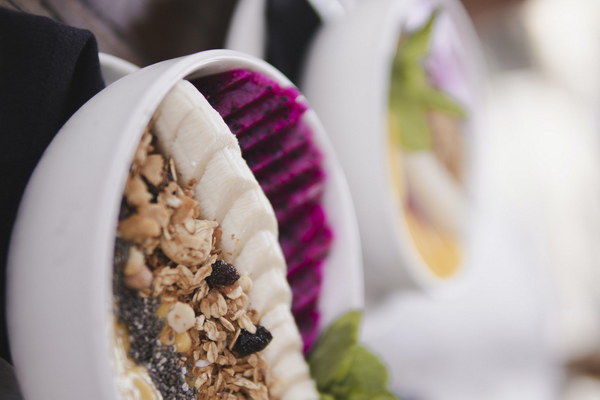The Ultimate Guide to What to Eat for Womens Health and Wellness
In the fast-paced world we live in, it's crucial for women to pay attention to their health and wellness. A balanced diet is a cornerstone of good health, and the right foods can make a significant difference in how you feel and look. This ultimate guide will help you navigate the best foods to include in your diet for women's health and wellness.
1. Leafy Greens: The Power of Nutrient-Rich Vegetables
Leafy greens such as spinach, kale, and Swiss chard are packed with essential nutrients like vitamins A, C, and K, as well as iron and calcium. These nutrients are vital for maintaining healthy bones, boosting your immune system, and supporting cardiovascular health. Incorporate these greens into your salads, smoothies, or sauté them with your favorite herbs and spices for a nutritious meal.
2. Berries: The Antioxidant-Rich Superfood
Berries, including strawberries, blueberries, raspberries, and blackberries, are loaded with antioxidants that can help protect your body against oxidative stress and inflammation. They are also high in fiber, which can aid in digestion and promote a healthy weight. Enjoy these delicious fruits as a snack, add them to your morning yogurt, or use them as a topping for your oatmeal.
3. Nuts and Seeds: The Healthy Fat Powerhouses
Nuts and seeds, such as almonds, walnuts, chia seeds, and flaxseeds, are rich in healthy fats, protein, and fiber. These nutrients can help reduce the risk of heart disease, regulate blood sugar levels, and support weight management. Snack on a handful of nuts or sprinkle seeds on your salads, smoothies, or oatmeal for a boost of nutrients.
4. Whole Grains: The Heart-Healthy Carbs
Whole grains like brown rice, quinoa, and whole-grain bread are high in fiber, which can help lower cholesterol levels and reduce the risk of heart disease. They also provide sustained energy and can aid in digestion. Incorporate whole grains into your diet by choosing whole-grain pasta, bread, and cereals, and replace white rice with brown rice or quinoa when cooking.
5. Lean Proteins: The Building Blocks of Good Health
Lean proteins, such as chicken breast, turkey, tofu, and fish, are essential for muscle repair and growth, as well as maintaining a healthy metabolism. Incorporate lean proteins into your diet by including them in your meals or as a snack, such as Greek yogurt with nuts or hummus with carrot and cucumber sticks.
6. Fatty Fish: The Omega-3 Rich Delight
Fatty fish like salmon, mackerel, and sardines are rich in omega-3 fatty acids, which are crucial for heart health, brain function, and reducing inflammation. Aim to include fatty fish in your diet at least twice a week by grilling, baking, or poaching them. Alternatively, you can consume omega-3 supplements if you're not a fan of fish.
7. Fermented Foods: The Gut-Boosting Bacteria
Fermented foods, such as yogurt, kefir, sauerkraut, and kimchi, are rich in probiotics, which can help maintain a healthy gut microbiome. A healthy gut is essential for digestion, immune function, and overall health. Include fermented foods in your diet as a snack or side dish to reap the benefits.
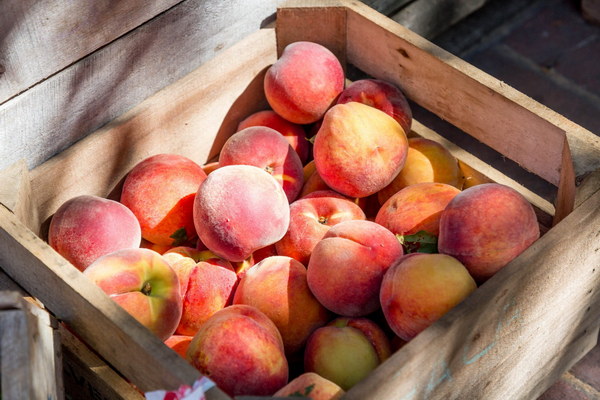
8. Hydration: The Importance of Water
Staying hydrated is essential for overall health and wellness. Water helps transport nutrients and oxygen to your cells, aids in digestion, and supports kidney function. Aim to drink at least 8 cups (64 ounces) of water per day, and more if you're active or live in a hot climate.
In conclusion, a balanced diet rich in fruits, vegetables, whole grains, lean proteins, and healthy fats can significantly improve your health and well-being. By incorporating these foods into your diet, you can support your body's needs and enjoy the benefits of a nutritious lifestyle. Remember to consult with a healthcare professional or a registered dietitian before making any significant changes to your diet.
